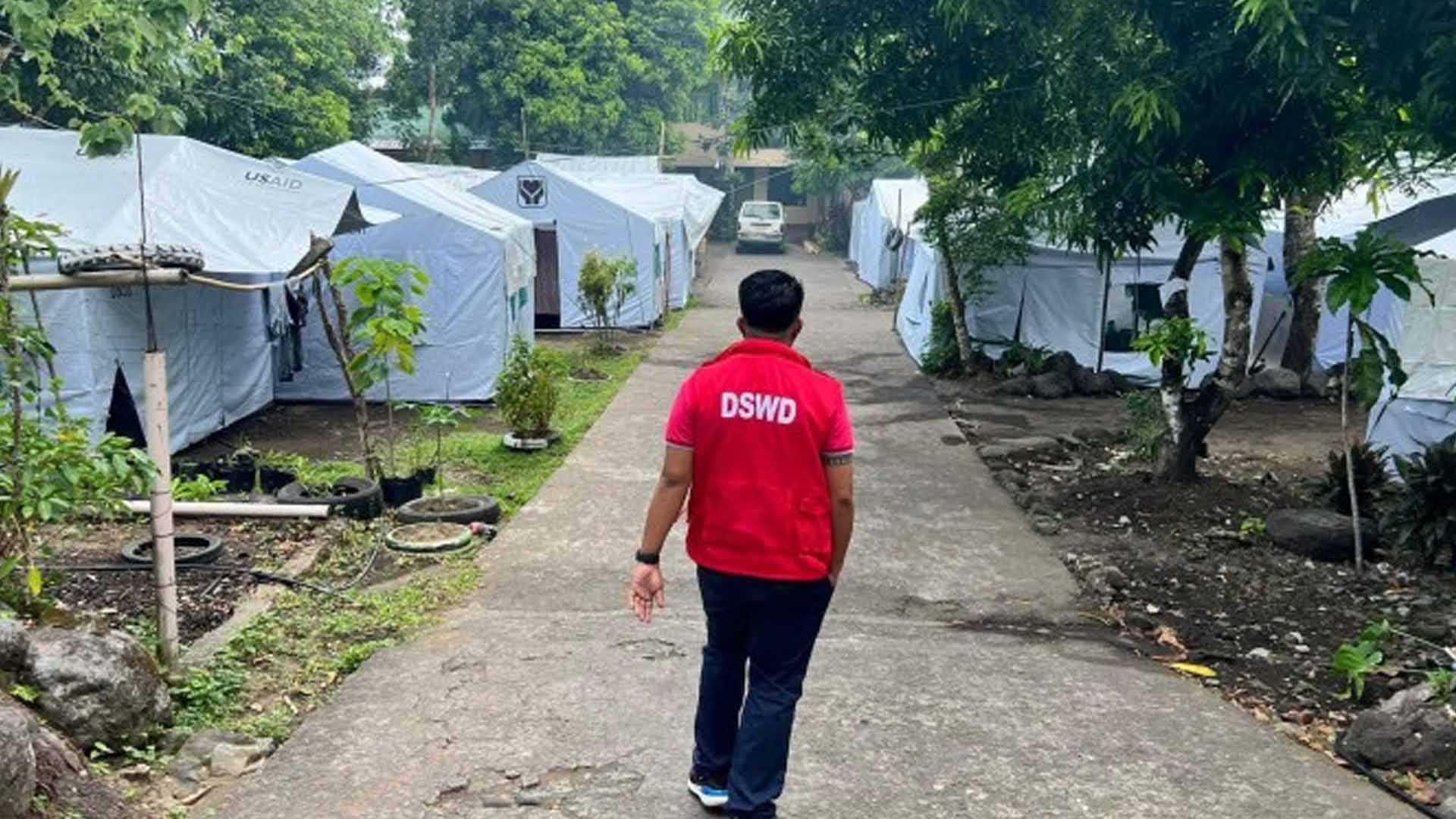The Department of Social Welfare and Development (DSWD) on Monday said a new project will be launched to address the impact of climate change.
The new initiative would be implemented through the agency’s Kapit-Bisig Laban sa Kahirapan-Comprehensive and Integrated Delivery of Social Services (KALAHI-CIDSS) once all the preparations are completed.
Dubbed as “Panahon ng Pagkilos”, the community-led climate adaptation project will cater to areas with high poverty incidence, severe climatic hazards, and a significant proportion of indigenous population.
“The KALAHI-CIDSS is committed to institutionalizing its program and preparing a new project to help poor communities in dealing with the climate crisis,” KALAHI-CIDSS national program manager Bernadette Mapue-Joaquin said in a news release.
She said the climate crisis is deeply intertwined with social inequality, which affects disproportionately vulnerable populations.
“Addressing this issue requires integrated solutions that promote social justice and leverage local knowledge to ensure that adaptation efforts are inclusive and effective,” she said.
She said in combating climate risks, the KALAHI-CIDSS has achieved significant milestones, transforming communities and enhancing their resilience.
The program, she said, helped build 1,250 community centers, multi-purpose buildings, and evacuation centers, providing safe havens during disasters.
The KALAHI-CIDSS had also supplied 928 disaster and pandemic response and rescue equipment that bolstered the preparedness and response capabilities of local communities across the country.
Recognizing the importance of healthcare facilities, the program also built 3,566 quarantine facilities, now re-purposed to help manage public health emergencies during disasters.
“Effective local-level financing is essential to build resilience and adaptive capacity in these communities, ensuring that they can withstand and recover from climate-related disasters,” Mapue-Joaquin said.
Retooling efforts
In 2023 alone, the KALAHI-CIDSS completed 16,320 subprojects, benefiting 5.56 million households. This success is attributed to strategic retooling efforts, including clustering subprojects, streamlining requirements, and increasing engagement with local chief executives.
The retooling process expanded the scope of subprojects by introducing clustered subprojects, bringing together barangays within the same KALAHI-CIDSS municipality for larger community projects.
Mapue-Joaquin said this approach allows greater funding but with increased capacity.
For instance, instead of each barangay building its own evacuation center with limited capacity, communities can pool resources to build a single, larger center.
In Roseller Lim, Zamboanga Sibugay, 26 barangays collaborated to build a 15-room evacuation center that accommodates 300 people. Similarly, in San Pablo, Zamboanga del Sur, 22 barangays built an 8-room center. (PNA)







